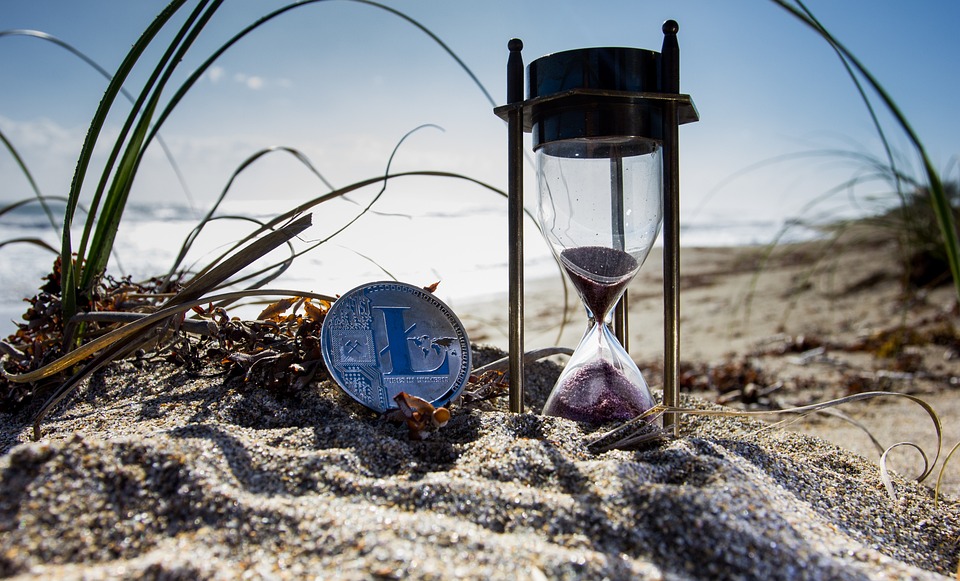
Demystifying Decentralized Storage: A Comprehensive Guide
Introduction
Welcome to our comprehensive guide on demystifying decentralized storage and its relationship with distributed ledger technology (DLT). In an increasingly digital world, the way we store and manage data has a profound impact on both our personal and professional lives. This guide aims to shed light on decentralized storage solutions, exploring their origins, advancements, practical applications, and future possibilities.
Historical Overview
To truly understand decentralized storage, we need to explore the origins and milestones of distributed ledger technology. Decentralized storage is closely intertwined with DLT, as it leverages its core principles to create more secure, resilient, and autonomous storage systems.
The concept of decentralized storage solutions emerged in the early 2000s, influenced by the growth of peer-to-peer networks like BitTorrent. However, it was the advent of blockchain technology with the introduction of Bitcoin in 2009 that truly revolutionized the field. Bitcoin showcased the potential of a decentralized and tamper-proof ledger, inspiring researchers and developers to explore its applications beyond cryptocurrencies.
One of the notable milestones in decentralized storage was the launch of Filecoin in 2017. Filecoin introduced a novel approach to storage, combining blockchain technology, economic incentives, and distributed systems. It allowed users to rent out their unused storage space and earn Filecoin tokens in return, creating a decentralized marketplace for storage.
Advantages and Disadvantages
Decentralized storage offers several advantages over traditional centralized storage solutions:
- Security: Decentralized storage relies on encryption and distribution across multiple nodes, making it highly resistant to hacking and data breaches.
- Resilience: In a decentralized storage network, data is distributed across numerous nodes, reducing the risk of single points of failure and improving availability.
- Autonomy: With decentralized storage, users have full control over their data, eliminating reliance on centralized entities.
- Economic Efficiency: By leveraging idle storage resources, decentralized storage can reduce costs compared to traditional solutions.
However, decentralized storage also has its challenges:
- Speed and Bandwidth: As data is distributed across multiple nodes, retrieving it can be slightly slower compared to centralized storage. However, advancements in technology are addressing this issue.
- Usability: Decentralized storage solutions are still in their early stages, and user-friendly interfaces are a work in progress.
Practical Applications
The potential applications of decentralized storage are vast and varied, transcending numerous sectors. Here are a few noteworthy examples:
- Cloud Storage:
- Decentralized storage can revolutionize cloud storage solutions by eliminating the need for centralized data centers, providing enhanced security and privacy.
- Data Sharing and Collaboration:
- By using decentralized storage, individuals and organizations can securely share and collaborate on sensitive data without relying on intermediaries.
- Content Distribution:
- Decentralized storage networks enable more efficient and cost-effective content distribution, benefiting content creators, media companies, and consumers alike.
Future Predictions
Decentralized storage is rapidly evolving and holds great promise for the future:
As technology advances and more decentralized storage solutions emerge, we can expect improved speed and reliability, making it comparable to centralized options.
Moreover, the integration of decentralized storage with other emerging technologies like artificial intelligence and the Internet of Things could unlock new innovative applications and possibilities.
Frequently Asked Questions
- Is decentralized storage secure?
- Yes, decentralized storage offers enhanced security due to encryption and distribution, making it highly resistant to hacking and data breaches.
- How can decentralized storage reduce costs?
- Decentralized storage enables users to leverage idle storage resources, reducing the need for expensive centralized data centers and lowering costs.
- Can decentralized storage be as fast as centralized storage?
- While decentralized storage may currently have slight speed differences, advancements in technology are continually improving performance and reducing such disparities.
- Are decentralized storage solutions easy to use?
- While user-friendly interfaces for decentralized storage are still being developed, efforts are underway to make them more accessible to non-technical users.
More in this category ...
Ripple companions with SBI Group and HashKey DX for XRPL answers in Japan

April sees $25M in exploits and scams, marking historic low ― Certik

MSTR, COIN, RIOT and different crypto shares down as Bitcoin dips

EigenLayer publicizes token release and airdrop for the group

VeloxCon 2024: Innovation in knowledge control

Successful Beta Service release of SOMESING, ‘My Hand-Carry Studio Karaoke App’

Dogwifhat (WIF) large pump on Bybit after record reasons marketplace frenzy

How fintech innovation is riding virtual transformation for communities around the globe

Wasabi Wallet developer bars U.S. customers amidst regulatory considerations

Analyst Foresees Peak In Late 2025

Solo Bitcoin miner wins the three.125 BTC lottery, fixing legitimate block

Ace Exchange Suspects Should Get 20-Year Prison Sentences: Prosecutors

Google Cloud's Web3 portal release sparks debate in crypto trade

Bitcoin Primed For $77,000 Surge

Bitbot’s twelfth presale level nears its finish after elevating $2.87 million

PANDA and MEW bullish momentum cool off: traders shift to new altcoin

Commerce technique: Ecommerce is useless, lengthy are living ecommerce

Republic First Bank closed by way of US regulators — crypto neighborhood reacts

China’s former CBDC leader is beneath executive investigation

Bigger isn’t all the time higher: How hybrid Computational Intelligence development permits smaller language fashions

Pantera Capital buys extra Solana (SOL) from FTX

Successful Beta Service release of SOMESING, ‘My Hand-Carry Studio Karaoke App’

SEC sues Bitcoin miner Geosyn Mining for fraud; Bitbot presale nears $3M

Business procedure reengineering (BPR) examples

85% Of Altcoins In “Opportunity Zone,” Santiment Reveals

Sam Altman’s Worldcoin eyeing PayPal and OpenAI partnerships

Artificial Intelligence transforms the IT strengthen enjoy

Franklin Templeton tokenizes $380M fund on Polygon and Stellar for P2P transfers

Meta’s letting Xbox, Lenovo, and Asus construct new Quest metaverse {hardware}

Shiba Inu (SHIB) unveils bold Shibarium plans as Kangamoon steals the display
